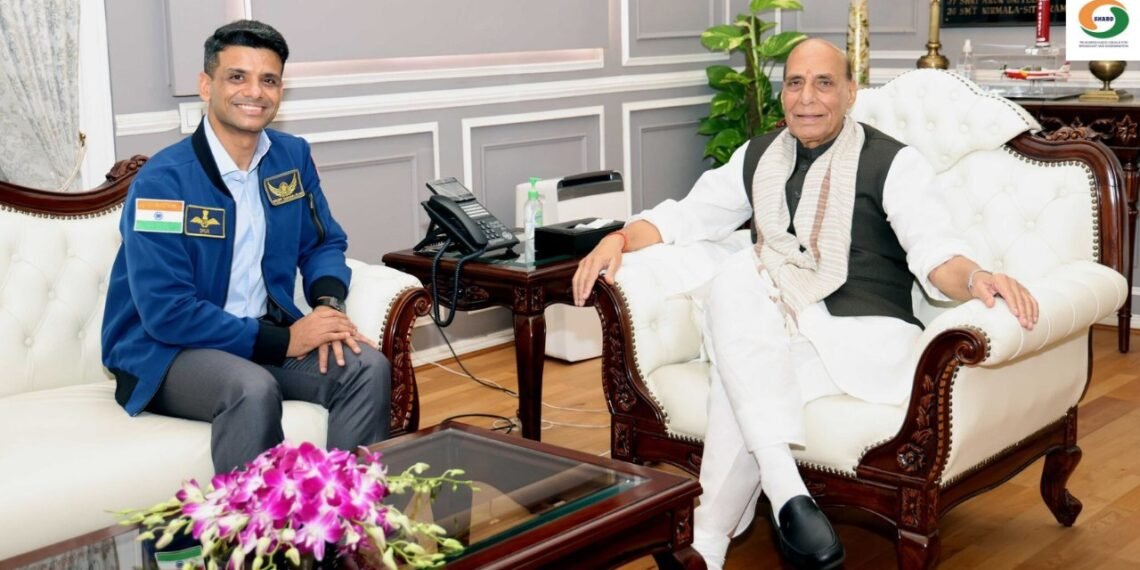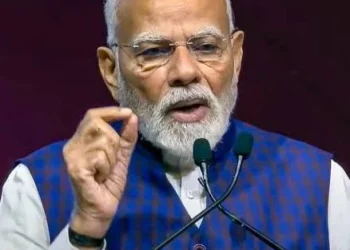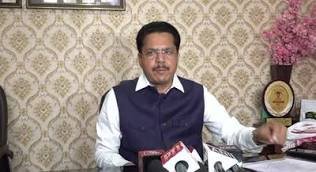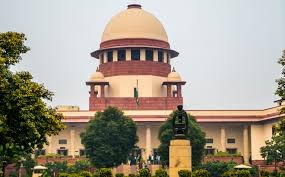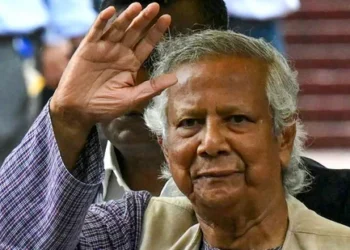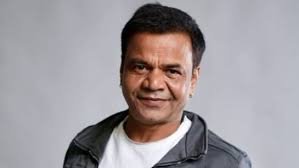“As I go into space, I carry not just instruments and equipment, I carry hopes and dreams of a billion hearts.”
By PC Bureau
Group Captain Shubhanshu Shukla, the first Indian astronaut to visit the International Space Station (ISS) in over four decades, expressed profound excitement and national pride during a press conference on Thursday, following his successful Axiom-4 mission.
Reflecting on his journey, Shukla expressed hope that an Indian astronaut would soon travel to space “from our own capsule, from our rocket, from our soil,” alluding to India’s ambitious Gaganyaan human spaceflight program.
Addressing the media in New Delhi, Shukla described his 18-day mission aboard the ISS as an “unbelievable” experience that surpassed all his expectations and training. “No matter how much training you have done, even after that, when you sit in the rocket and the engines ignite, when they catch fire, I think it is a very different feeling,” he said. “I had not imagined how it would feel, and I was running behind the rocket for the first few seconds, and it took me some time to catch up to it.”
Read: Assam Rifles Shuts Up Biren Singh: All 42,000 Myanmar Entrants Documented, Not Illegal
The astronaut’s vivid recounting of the SpaceX Falcon 9 rocket launch on June 25, 2025, from NASA’s Kennedy Space Center in Florida, highlighted the visceral thrill of spaceflight.
Shukla, a Group Captain in the Indian Air Force (IAF) and a test pilot with over 2,000 hours of flight experience, became the second Indian to travel to space, following Wing Commander Rakesh Sharma’s historic 1984 mission aboard the Soviet Soyuz T-11. During the press conference, Shukla echoed Sharma’s iconic words, stating that India still looks “saare jahaan se achcha (better than the entire world)” from space, a sentiment that resonated deeply with the audience.
The Axiom-4 mission, a collaboration between NASA, the Indian Space Research Organisation (ISRO), Axiom Space, and SpaceX, marked a historic milestone for India, Poland, and Hungary, as each nation sent astronauts to the ISS for the first time in over 40 years.
Shukla served as the mission pilot, alongside Commander Peggy Whitson, a former NASA astronaut, and mission specialists Sławosz Uznański-Wiśniewski from Poland and Tibor Kapu from Hungary. The crew launched aboard a SpaceX Dragon spacecraft and docked with the ISS on June 26, 2025, spending approximately 14 days conducting over 60 scientific experiments, including seven India-specific studies focused on nutrition, muscle loss in microgravity, and microalgae growth.
Shukla emphasized the invaluable lessons gained from the mission, particularly for India’s Gaganyaan program, which aims to send Indian astronauts into low Earth orbit by 2026 using indigenous technology. “The first-hand experience from the ISS mission was invaluable and a lot better than any training,” he said, noting that the knowledge acquired would directly contribute to the success of Gaganyaan.
ISRO Chairman V. Narayanan and other officials have similarly underscored the mission’s significance, stating that Shukla’s experience will enhance India’s capabilities for its first manned spaceflight.
During his time on the ISS, Shukla conducted experiments such as sprouting green gram and fenugreek seeds to study food systems in microgravity and investigated tardigrades’ resilience in space. He also engaged in public outreach, interacting with students from Kerala and Lucknow via video conferencing, answering questions about life in space and inspiring the next generation.
Reflecting on his journey, Shukla shared a poignant moment from the mission: “As I go into space, I carry not just instruments and equipment, I carry hopes and dreams of a billion hearts.” His words, first spoken during a pre-launch press conference, underscored the mission’s broader significance for India’s 1.4 billion citizens.
Prime Minister Narendra Modi, who met Shukla on August 19, 2025, at his residence in New Delhi, praised the astronaut’s contribution, noting that his experience would be “extremely useful and crucial” for Gaganyaan. During the meeting, Shukla gifted Modi the Axiom-4 mission patch and photographs taken from the ISS.
The Axiom-4 mission faced several challenges, including delays due to a liquid oxygen leak in the Falcon 9 rocket and a separate issue with the ISS’s Russian Zvezda module. Despite these hurdles, the mission was successfully completed, with the crew splashing down near the coast of California on July 15, 2025. ISRO estimates the mission cost approximately ₹600 crore (US$65 million), a figure justified by officials for the training, international collaboration, and experience gained.



